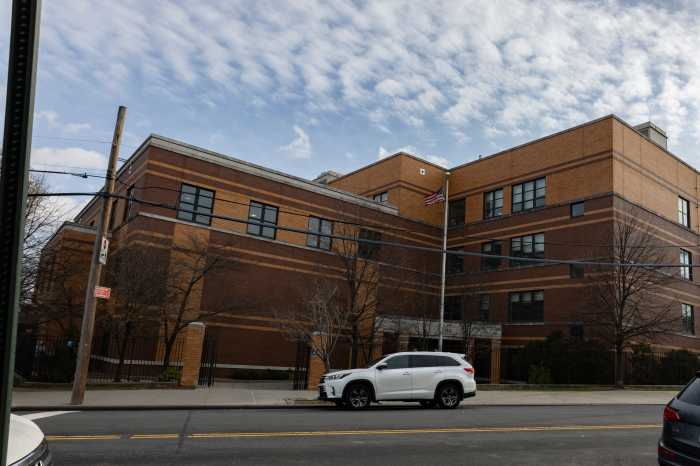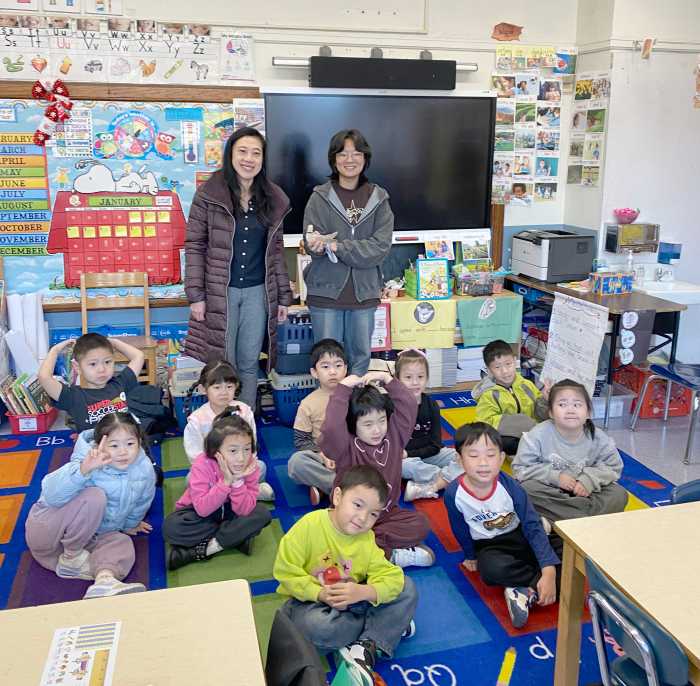The executive director of the Greater Ridgewood Youth Council (GRYC) — one of the largest nonprofit youth programs in Queens — is refuting the results of an audit that state Comptroller Tom DiNapoli released last week accusing the organization of giving its summer employees duplicate compensation, taking prohibited enrollment fees from parents and hiring its own executives’ children.
The audit is part of the comptroller’s effort to evaluate the level of oversight that city Department of Youth and Community Development (DYCD) exercises over the local organizations that it contracts with to run city youth and community summer programs. From July 1, 2015 through Oct. 10, 2017 GRYC received 27 contracts with DYCD worth $13.9 million to provide summer employment and after school services.
“We found management lapses that undermine the intended benefits of these youth programs,” DiNapoli wrote in the report. “Young men and women looking for work or for an afterschool program were shortchanged. DYCD needs to take immediate steps to improve oversight and accountability.”
In total, the comptroller identified at least $87,733 in inappropriate expenses. But GRYC’s President Bob Monahan, claims that the report is misleading.
He hopes that DYCD’s review of the comptroller’s audit in the next 90-days will provide context and evidence that will exonerate many of the claims made against his organization.
Monahan is not alone in pushing back on the report. GRYC was joined by the DYCD in refuting the majority of the comptroller’s findings in its initial response to the audit in February. The agency’s responses can be found in the final six pages of the comptroller’s report.
“The GRYC contests and disagrees with most findings while continuing to cooperate with DYCD as they prepare their final response to OSC,” Monahan wrote to QNS in a statement. “I stand by everything this agency does.”
GRYC’s summer youth employment program provides jobs to young men and women, ages 14 to 24, who earn hourly wages from DYCD for up to 25 hours a week. The comptroller’s report found that GRYC paid for employees to work at least 1,344.5 overlapping hours, meaning individuals worked the same hours, on the same dates, in two state-funded programs, creating at least $19,239 in duplicate costs.
Monahan maintains that a clerical mistake led the comptroller’s office to believe this. He said that his summer employees work for the city for 25 hours at minimum wage, “but they work for me afterwards because my camps go 45 hours.”
“They get paid separately for those 20 hours, which is different. No one was ever double paid. It’s a clerical issue,” he said.
In response to the duplicate compensation charges, DYCD said it will conduct its own audit of GRYC, will take appropriate steps to recover any duplicative costs that it can identify.
The comptroller’s audit found evidence that made them suspicious that GRYC’s enrollment process favored some students over others and that it required students to pay to enroll in the free program. Nine of 19 parents who responded to the auditor’s survey said that they paid GRYC fees — ranging from $100 to $900 — to enroll their children.
Monahan said that the results of the survey stemmed from confusion on behalf of the parents. He does host a fundraiser every February, but it is not required to participate in the programs.
While Monahan maintains that families who made donations to the fundraiser are advised that the donations do not guarantee enrollment in the programs, those who filled out the survey challenge these claims.
Monahan did admit that he hired his son as an Educational Specialist, Educational Director, and Grant Writer on his own staff. At the time, his son telecommuted in the position from North Carolina. Since the audit began, GRYC has told DYCD that it stopped the son’s position from being funded in whole or in part by any DYCD contracts
“Did I know that I was supposed to ask them for permission? No. But we didn’t do anything sneaky,” Monahan told QNS. He added that he was not in charge of overseeing his son’s hours.
After DYCD conducts its own internal review of expenditures and enrollment, it may take steps to recoup funding from the GRYC.



































